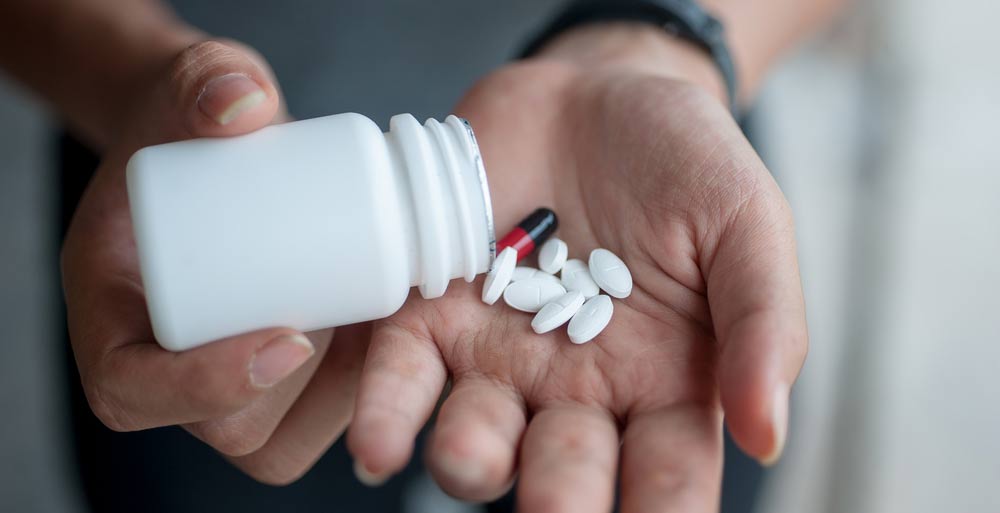Autism and Substance Abuse
The autism spectrum is vast, but researchers are finding that many people who fall on the spectrum also suffer from addiction. That addiction can come with, including any great variety of drugs. But ultimately, the need for treatment is the same. You need someone to help you overcome and manage your addiction with the understanding of your needs from autism.
It isn’t an impossible task. Many people are overcoming their addiction and finally getting help. For far too long, schools and other facilities weren’t prepared to able to deliver quality service to people on the autism spectrum. We can help you learn to live a sober life. If you need assistance don’t hesitate to contact Rehab Carolinas today.
Autism Awareness
April was Autism Awareness Month, and the goal of that month is to increase the understanding and to build acceptance. Often the people who fall onto the autism spectrum have personality quirks, among many other challenges that they must overcome daily. It can make socializing and interacting with others difficult, if not impossible.
However, there is another element of autism that people don’t readily accept: addiction. While everyone was celebrating differences throughout April and spreading awareness of the high volumes of diagnoses, they missed something really important. The scientific community has finally been able to confirm what they’ve suspected for years, a link between autism and addiction.
Is There a Connection Between Autism and Addiction?
Researchers initially held the belief that people with autism were far away from the chance of developing an addiction. The general idea, because that was built on general thoughts, was that autistic people love rules. Structure, rules, and fairness reign as supreme for most people with autism, so why would anyone with autism break society’s rules?
Well, drugs offer the same tantalizing effect to people with autism that they do to anyone else. A person’s drug of choice can help make the more sociable, offer relief from their many anxieties, make them feel able to take on the world. Unfortunately, many people with autism are simply told to do these things. Be more sociable; stop worrying so much. Those words are familiar because they’re often echoed to the people who need help in those departments.
Now researchers are learning that the pressures to fit into society and “overcome” autism are actually turning intelligent people toward drugs. It’s understood that the thought now is, I need to be more sociable, the people who do this are very social, there’s my answer. Structure and fairness don’t even play a role in decision making.
Co-Occurring and Dual Diagnosis
Dual diagnosis is a term coined through the addiction community to acknowledge the presence of a mental illness or personality disorder in someone with an addiction. The dual diagnosis term comes because usually, the patient had no idea that they have a borderline personality disorder, are bipolar, or suffered from depression. Now, the trouble is that dual diagnosis is not the same as co-occurring, and it gets a little sticky.
Dual diagnosis works within the limits of personality disorders and mental illness. Both are treatable through a combination of medication and therapy. While mental illness can wax and wane coming in and out of one’s life in waves of high-impact and low-impact, personality disorders do not. Typically, someone with a personality disorder needs learning to live with their setbacks.
But, autism is neither a personality disorder nor a mental illness. Autism Spectrum Disorder stems from development. Of the symptoms or effects that come with Autism Spectrum Disorder, the major obstacle is the repetitive behaviors. Drug use alone fosters ritualistic or repetitive behaviors, and with autism, those actions develop even further.
The treatment addiction options for co-occurring autism and addiction require focused treatment. The neurodevelopment disorder, along with addiction, can make it a unique challenge to break out of addiction. There is no medication to reduce the desire for repetitive behaviors or structure.
Finding the Right Addiction Center
In the Carolinas, you can find a wide variety of treatment centers, but which one is right for you? At Rehab Carolinas, we provide individualized care and treatment. We work with the mental health elements of your health as well as the addiction. You are always the primary focus of the treatment plan, not a singular one-size-fits-most plan.
Always meet with a rehab center before deciding that it’s the right place for your addiction. When it comes to treating co-occurring conditions, you may need specialized help. To ensure that you get all the help you need, make sure that they have the proper training and proper staff to handle your conditions.
